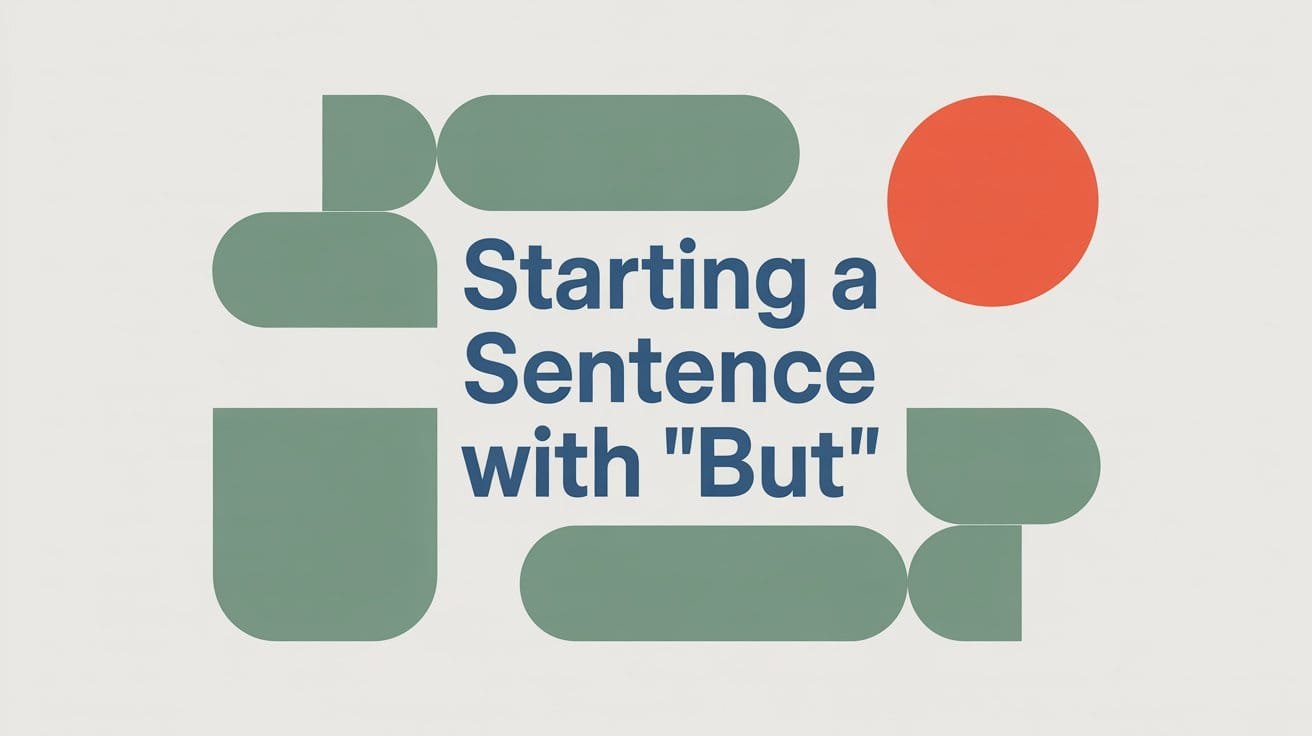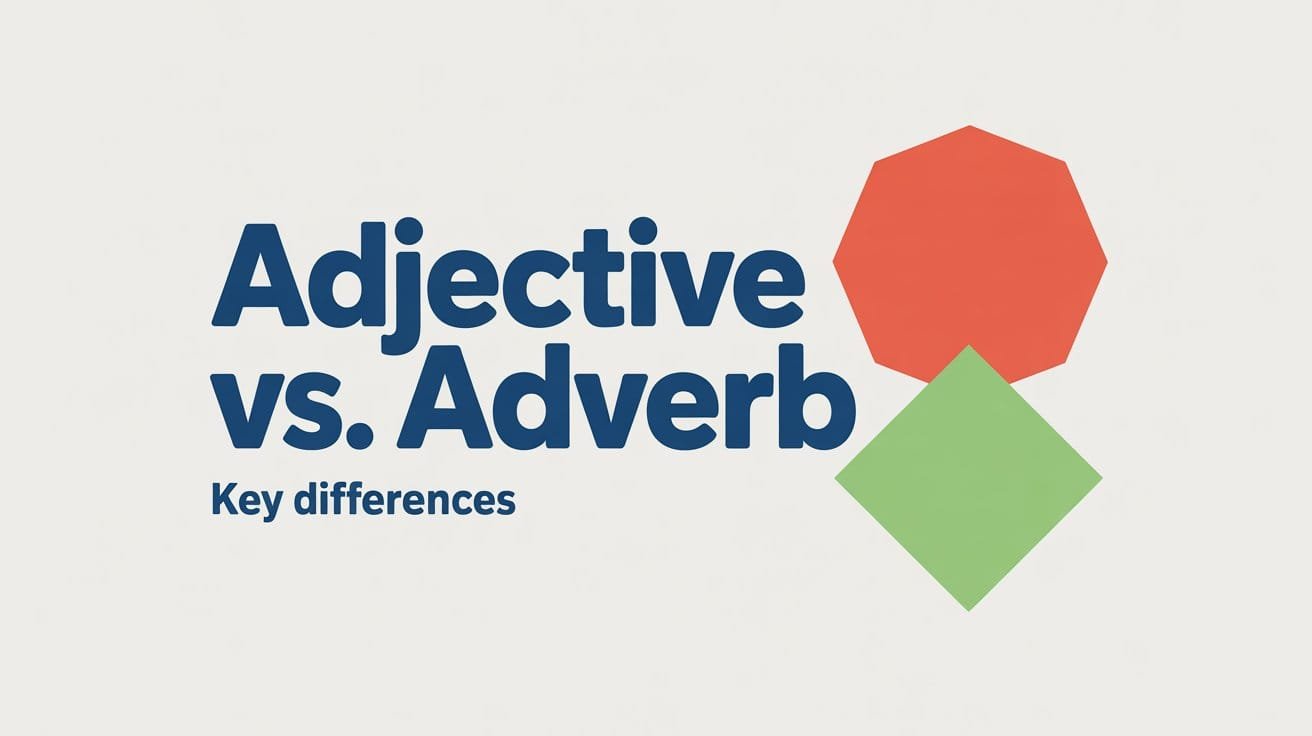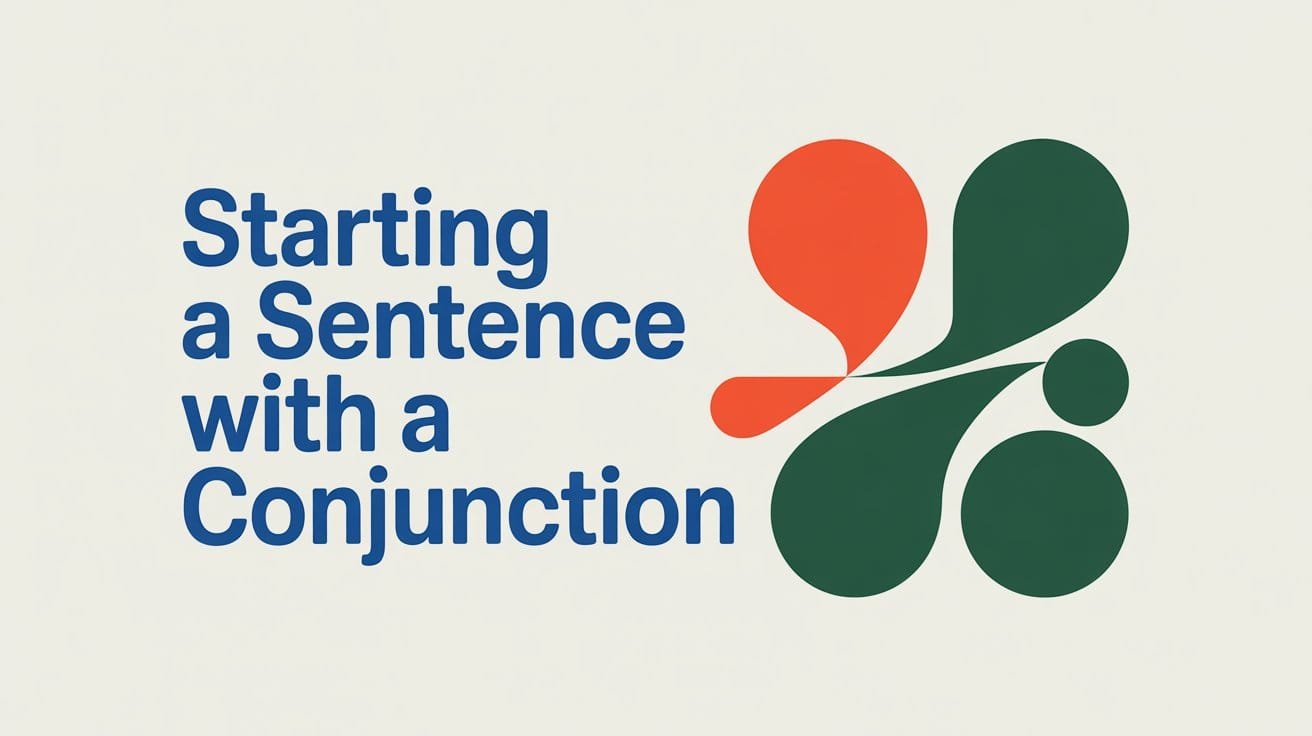You’ve probably heard the advice: “Never start a sentence with but.” While this was commonly taught in classrooms, it’s not a strict grammar rule. In fact, many writers, editors, and professionals begin sentences with but, and for good reason.
When used correctly, starting with but can help you highlight contrast, create emphasis, or improve the flow of your writing. This article explains when it’s appropriate to use but at the beginning of a sentence and when it’s better to avoid it.
Is It Correct to Start a Sentence with But?
Yes, it is. The idea that the conjunction “but” can’t start a sentence is outdated. This belief likely came from teachers who wanted to help students avoid sentence fragments or overly casual writing. However, in standard English, it’s perfectly acceptable to begin a sentence with but, especially when showing contrast or a shift in thought.
Professional writers and major publications regularly use but to begin sentences. The key is to use it intentionally and ensure the sentence is grammatically complete.
Examples of Sentences Starting with But
Here are some examples of how but can be used to begin a sentence correctly:
- The report looked promising. But it didn’t cover the most recent data.
- She agreed to the terms. But she had concerns about the timeline.
- She practiced the speech several times. But she forgot her lines on stage.
- They promised to deliver the order by Monday. But it didn’t arrive until Wednesday.
- He wanted to join the trip. But he couldn’t get time off work.
- The book was highly recommended. But I didn’t find it very engaging.
Each of these examples starts with but to introduce a contrast or exception.
When to Avoid Starting a Sentence with But
Starting a sentence with but is grammatically correct, but there are situations where it can lead to confusion or weaken your writing. Here’s when you should be careful:
When the Sentence Is Incomplete
Starting with but and leaving the sentence unfinished creates a fragment.
❌ But didn’t finish the assignment.
✅ But she didn’t finish the assignment.
Always make sure the sentence includes a subject and a complete thought.
When It’s Overused
Using but too often, especially at the beginning of multiple sentences, can make your writing feel repetitive.
❌ She wanted to go to the event. But she was tired. But her friends encouraged her. But she still said no.
✅ She wanted to go to the event, but she was tired. Her friends encouraged her, yet she still said no.
Mix up your sentence structures and use a variety of conjunctions to keep your writing smooth and engaging.
In Formal or Academic Writing (Use with Caution)
But can sound too informal in very formal or academic contexts. In such cases, alternatives like however or nevertheless may be more appropriate.
❌ But the study only included a small sample size.
✅ However, the study only included a small sample size.
Choose the word that best fits the tone and formality of your writing.
4. When the Relationship Between Ideas Is Unclear
If the first sentence doesn’t connect to the next, starting with but might confuse your reader.
❌ The topic was introduced. But.
✅ The topic was introduced. But the explanation lacked depth.
Make sure but is linking two clear and related ideas.
How to Use But at the Beginning of a Sentence
Here are a few tips to help you use but effectively:
- Check for a complete sentence. Don’t leave the reader with a fragment.
- Use it to show contrast or shift in thought. That’s where but is most useful.
- Avoid back-to-back sentences starting with but. Keep your writing varied.
- Match the tone to the context. In more formal writing, consider alternatives.
Related Reading
- Can You Start a Sentence with And?
- Can You Start a Sentence with So?
- Can You Start a Sentence with Although?
Final Thoughts
So, can you start a sentence with but? Yes—you can. It’s a useful way to show contrast and improve the flow of your writing. As long as the sentence is complete and the usage is clear, starting with but is not only acceptable—it’s effective.
Forget the old myth. What matters most is clarity, purpose, and a tone that fits your audience.



